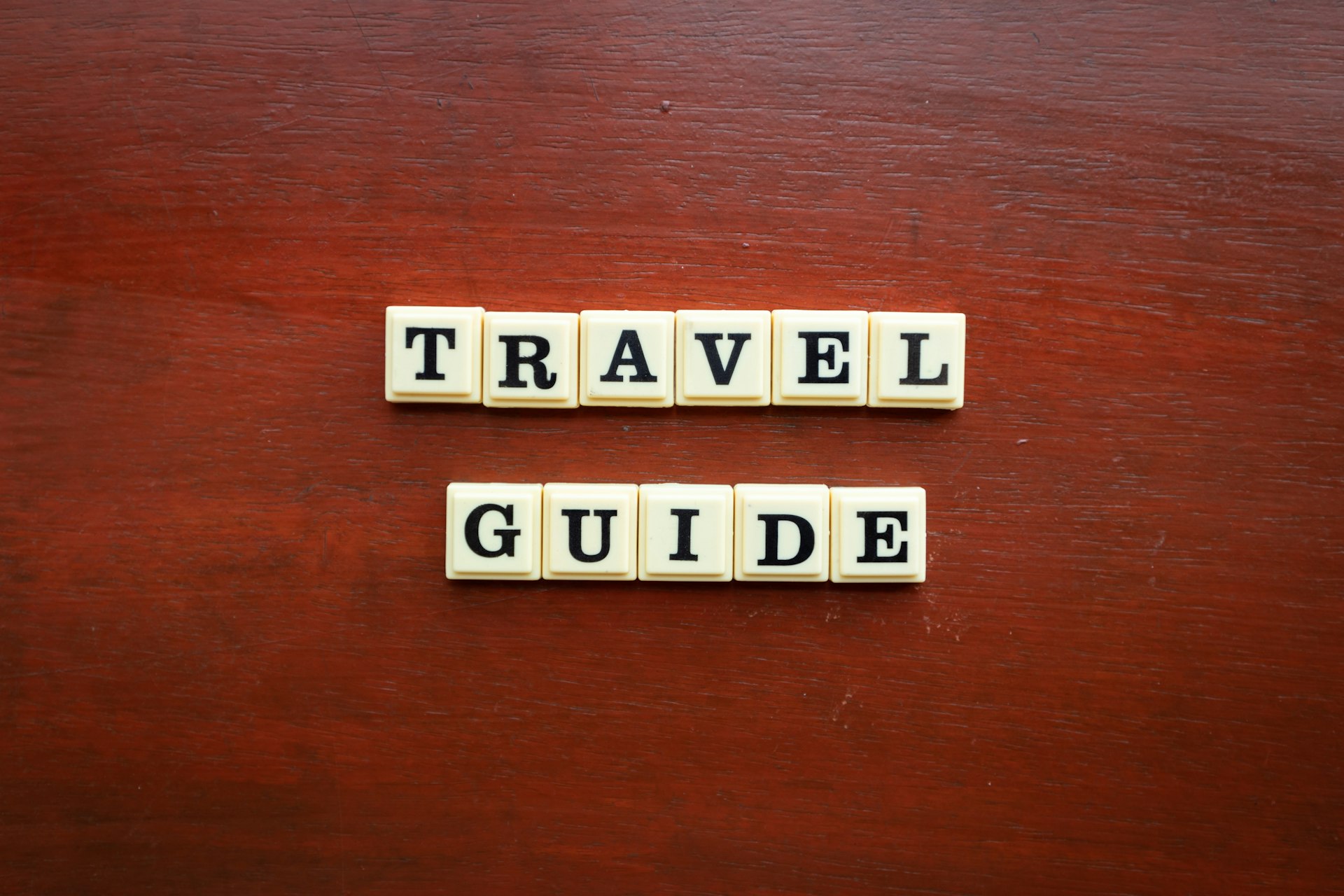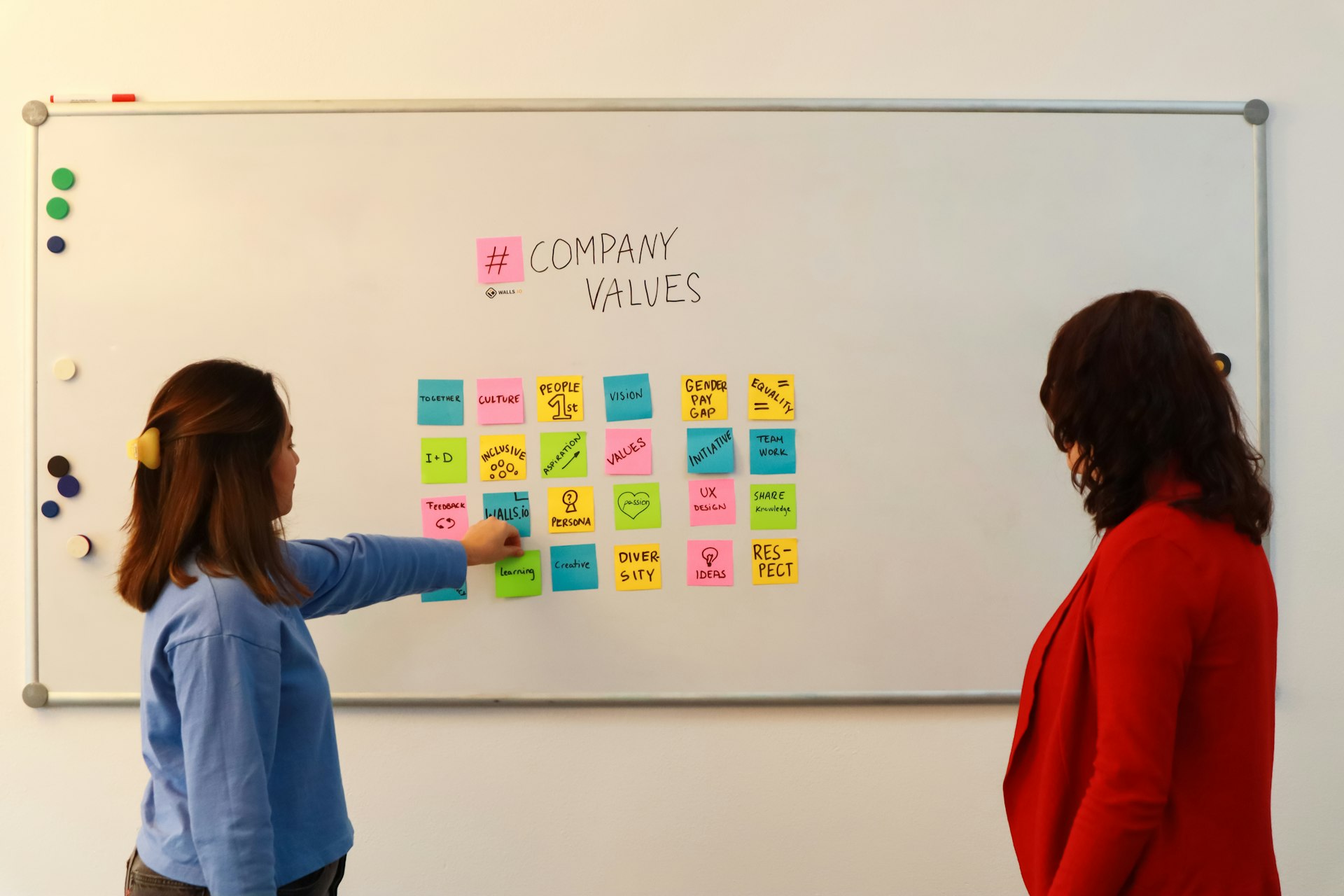How Decentralized Autonomous Organizations Are Transforming the Financial Landscape

Photo by Alejandro Barba on Unsplash
Introduction: The Rise of Decentralized Autonomous Organizations in Finance
In recent years, a new organizational model has emerged, fueled by blockchain technology: the Decentralized Autonomous Organization (DAO). These entities are redefining how groups manage collective assets, make decisions, and create financial products. Unlike traditional companies with centralized leadership, DAOs operate transparently and autonomously, allowing anyone with an internet connection and the necessary tokens to participate in governance, invest, or propose changes. As the financial sector grapples with demands for greater transparency, accountability, and participation, DAOs are rapidly gaining traction as potential solutions and disruptors. [1] [2]
What Is a DAO and How Does It Work in Finance?
A DAO, or Decentralized Autonomous Organization , is a blockchain-based entity coded as a series of smart contracts. These smart contracts are self-executing computer programs that define the rules, membership, and operations of the organization. In the context of finance, DAOs can manage everything from investment funds and lending pools to decentralized exchanges and insurance platforms. Members usually acquire governance tokens, often by purchasing them with cryptocurrencies like Ethereum, which grant them voting rights and a stake in the organization’s direction. [1]
Key characteristics of DAOs in finance include:
- Decentralized governance: Decisions are made collectively by token holders, not a central board or CEO.
- Smart contract automation: Financial operations, such as lending, yield farming, or asset management, are carried out automatically based on coded rules.
- Transparency: All transactions and votes are recorded on the blockchain and are publicly auditable.
- Global participation: Anyone can join or leave the DAO, regardless of geographic location, subject to legal and regulatory considerations.
Real-World Examples of DAOs in Financial Services
Several prominent DAOs demonstrate how this model is already impacting finance:
- MakerDAO: Oversees the issuance of the DAI stablecoin and manages collateralized lending via smart contracts. Members vote on risk parameters, collateral types, and system upgrades. [4]
- Uniswap DAO: Governs one of the largest decentralized exchanges, allowing members to propose and vote on protocol changes or treasury management.
- Compound DAO: Manages a decentralized lending protocol, empowering token holders to determine interest rates and asset listings.
- ConstitutionDAO: A high-profile experiment where thousands pooled funds to bid for a rare copy of the U.S. Constitution, demonstrating the DAO model’s capacity for rapid, large-scale fundraising. [4]
These examples show the versatility of DAOs, from stablecoins and exchanges to unique collective investment projects. For detailed information about specific DAOs, consider searching blockchain analytics platforms or official project documentation.
How to Participate in a Financial DAO: Step-by-Step Guidance
If you’re interested in joining a DAO in the financial sector, follow these general steps:
- Research DAOs: Use blockchain news sites, forums, and official DAO communication channels (such as Discord or Twitter) to identify reputable and active DAOs in your area of interest.
- Set Up a Crypto Wallet: Most DAOs require a compatible crypto wallet (e.g., MetaMask) to interact with their platform and store governance tokens.
- Acquire DAO Tokens: Purchase governance tokens through a decentralized exchange (DEX) or official DAO website. Always verify the legitimacy of the token contract address.
- Participate in Governance: With tokens in your wallet, you can join the DAO’s governance portal, propose initiatives, and vote on changes. Some DAOs also distribute rewards to active participants.
- Stay Informed: Regularly monitor DAO proposals, community discussions, and smart contract audits to ensure your participation remains secure and effective.
Note: Due diligence is critical. Always verify DAO legitimacy via multiple sources, and be aware that participation in DAOs involves risks, including smart contract vulnerabilities and regulatory uncertainties. [3]
Opportunities Offered by DAOs in Finance
DAOs create new possibilities for both individual and institutional participants:
- Global Investment Pools: DAOs allow anyone to collectively invest in assets, startups, or DeFi protocols, often with lower barriers to entry than traditional investment funds.
- Democratic Governance: Every member with tokens can propose or vote on key decisions, such as how treasury funds are allocated or which projects to support. [2]
- Automated Transparency: Smart contracts execute transactions automatically, reducing administrative costs and minimizing the risk of fraud or mismanagement.
- Borderless Access: DAOs operate globally, enabling collaboration and investment without traditional geographic or institutional barriers.
Some DAOs also provide incentives, such as rewards or revenue sharing, to active participants. To find opportunities, search for “DeFi DAOs” or explore listings on established blockchain analytics sites.

Photo by Andrea De Santis on Unsplash
Challenges and Considerations for DAO Participants
While DAOs present exciting opportunities, there are notable challenges:
- Regulatory Uncertainty: Many jurisdictions are still developing frameworks for DAOs. Legal recognition, taxation, and liability can vary widely, so consult with a legal expert or review guidance from your country’s regulatory agencies. [4]
- Smart Contract Risks: Coding errors or vulnerabilities can lead to lost funds or malicious exploits. Look for DAOs with audited smart contracts and transparent development practices.
- Governance Challenges: Token-based voting can lead to “whale” dominance if a small number of holders control a majority of tokens. Some DAOs address this with quadratic voting or other mechanisms.
- Participation Barriers: While open in theory, some DAOs require substantial technical knowledge or financial resources for meaningful involvement.
To navigate these challenges, consider starting with small, well-established DAOs and gradually increasing your participation as you become more comfortable with the technology and processes involved.
Alternative Approaches: Hybrid Models and Institutional Adoption
Financial institutions are increasingly experimenting with DAO-like models, especially in areas where transparency and stakeholder alignment are critical. Some are creating “hybrid” organizations that combine DAO governance with traditional legal structures, aiming to capture the benefits of decentralization while maintaining regulatory compliance. [3]
For example, a traditional investment fund might use blockchain voting for shareholder decisions or automate certain administrative tasks via smart contracts. These hybrid models could provide a bridge between legacy finance and fully decentralized systems.
How to Access DAO Services and Opportunities
If you want to explore DAO opportunities in finance:
- Review listings and analytics for DeFi DAOs on established platforms such as CoinGecko, DeFi Pulse, or DappRadar. Always verify the authenticity of any platform before connecting your wallet or transferring funds.
- Join official DAO communication channels (e.g., Discord, Telegram, official forums) to engage with the community and learn about upcoming proposals and opportunities.
- Consult reputable blockchain news outlets for up-to-date trends, regulatory developments, and risk alerts.
- For legal or tax advice, contact a professional familiar with blockchain and digital assets in your jurisdiction.
Remember: Only interact with DAOs through official, verified channels, and use official search terms such as “MakerDAO governance portal” or “Compound DAO official site” to avoid scams.
Key Takeaways
Decentralized Autonomous Organizations are rapidly transforming the financial landscape by empowering global participation, automating trust, and reducing administrative overhead. While the technology is still maturing and regulatory clarity is emerging, DAOs offer exciting new pathways for involvement, investment, and governance in finance. As with any emerging technology, it’s crucial to approach opportunities with caution, perform thorough research, and prioritize transparency and security. For further information or to participate, seek out official DAO documentation, join community forums, or consult industry professionals specializing in blockchain finance. [5]
References
- [1] Winston & Strawn LLP (2023). What is a Decentralized Autonomous Organization (DAO)?
- [2] Utah Division of Corporations (2023). Decentralized Autonomous Organization (DAO).
- [3] Bobsguide (2023). Decentralized Autonomous Organizations reshaping governance.
- [4] Hedera (2024). Understanding the Basics of a Decentralized Autonomous Organization.
- [5] Wikipedia (2024). Decentralized autonomous organization.



